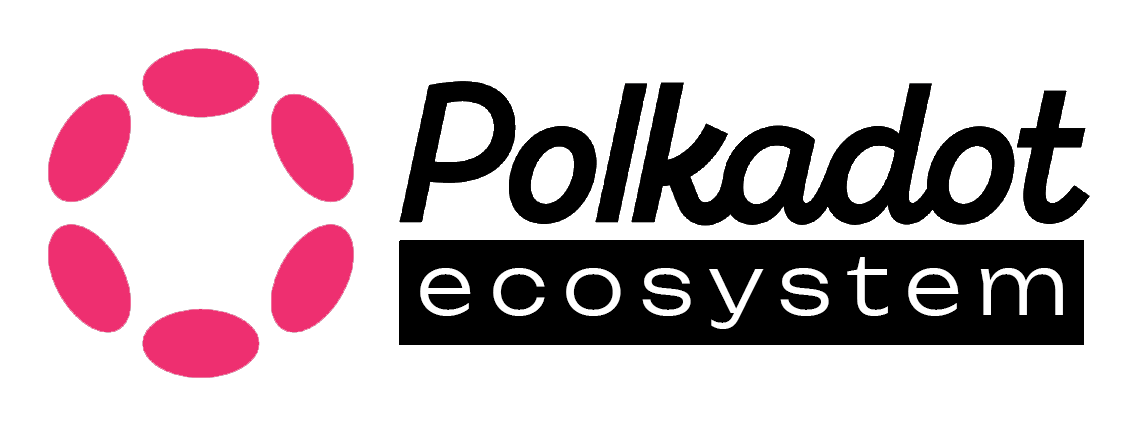OpenZeppelin Polkadot Parachain Template Workshop
Ce contenu n’est pas encore disponible dans votre langue.
In a recent talk at Polkadot Sub0 2024 Bangkok, Orgun Ozerk and Nikita Khateev from OpenZeppelin introduced their innovative Parachain Template Workshop, aimed at developers eager to explore the Polkadot ecosystem. Known for their contributions to the Ethereum space, OpenZeppelin is now expanding its horizons by offering tools that make parachain deployment more accessible and efficient.
Expanding Horizons: From Ethereum to Polkadot
OpenZeppelin has traditionally focused on Ethereum, providing developers with robust security libraries and smart contract templates. However, with the growing popularity of Polkadot and its unique parachain architecture, OpenZeppelin has decided to extend its expertise to this new frontier. The primary goal is to assist new developers in quickly spinning up parachains using a generic template designed to cater to various project needs.
OpenZeppelin Parachain Template Workshop Highlights
The workshop was structured to be practical, guiding participants through the entire process of setting up a parachain. Here’s a detailed look at what the workshop covered:
- Introduction to the Parachain Template: The session began with an overview of the parachain template, emphasizing its versatility and ease of use. The template is designed to be a starting point for new projects, enabling teams to focus on business logic rather than the complexities of parachain setup.
- Cloning Repositories and Setting Up: Participants were guided to clone two key repositories containing all the necessary materials. This step ensured that everyone had a uniform starting point.
- Building the Parachain: Attendees installed essential tools such as Cargo and the WebAssembly target, necessary for compiling the runtime. OpenZeppelin’s approach aimed to streamline this setup phase, minimizing potential hurdles for developers unfamiliar with Substrate development.
- Interacting with the Relay Chain: The hands-on segment involved creating a local relay chain copy and using it to test the parachain. Participants registered their parachain IDs, configured the chain specifications, and interacted with the relay chain through a Polkadot wallet.
- Deploying and Testing: Finally, the workshop provided step-by-step instructions on deploying the parachain. By the end of the session, participants had a fully functional parachain template generating blocks against the relay chain.
OpenZeppelin Future Directions and Collaboration
OpenZeppelin’s vision extends beyond providing a basic template. Future plans include developing more specialized runtime templates for EVM, DeFi, and NFTs. Additionally, there is an ongoing discussion about creating a standard approach for EVM integration within the Polkadot ecosystem, potentially involving collaboration with other stakeholders to define pre-compiles and other key components.
Conclusion
OpenZeppelin’s Parachain Template Workshop is a significant step toward making Polkadot more accessible to developers. By providing a comprehensive, easy-to-use template, OpenZeppelin empowers teams to focus on innovation and business logic rather than the intricacies of parachain setup. This workshop not only showcased the potential of their template but also highlighted OpenZeppelin’s commitment to fostering a vibrant, secure, and interoperable blockchain ecosystem.

